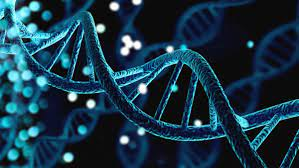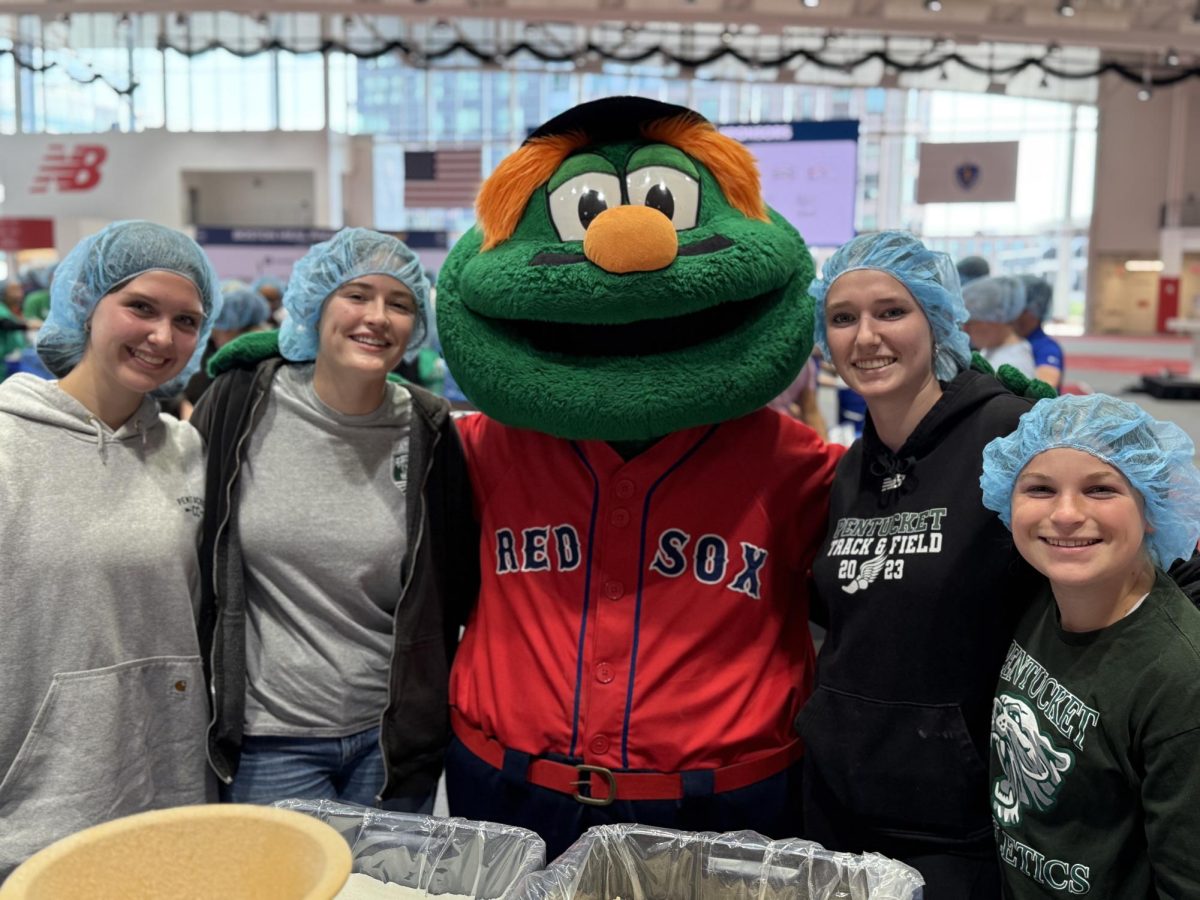Throughout America, Advancement Placement classes are widely popular. Even many sophomores- AP classes have been only open to juniors and seniors historically- have begun to enroll in various AP classes. Pentucket offers various AP foreign language, English, history, science, and math courses. One of the most popular classes currently offered is AP Biology. Students at Pentucket are required to take biology in ninth grade. This allows them to learn the basics of biology before moving on. But how hard is an AP course? Is it worth taking? What is the workload like? These are questions that many students may have, and I am here to answer them.
What is an AP Class?
First of all, AP stands for Advanced Placement. Advanced Placement classes are college-level courses that are known to be more challenging than regular high school classes. At the end of the year, there is an AP exam, which tests students on all of the topics they have learned throughout the year. Scores range from one to five; the higher the score, the better. Many colleges and universities give college credit for receiving a certain score on the AP exam, meaning that you may be able to bypass certain classes that are required in college, saving time and tuition expenses. Last year, 64.4% of students scored above a three on the AP Biology exam, meaning that a large percentage of students performed well on the exam. Studies have shown that AP Biology is one of the most widely taken AP classes in America. Successfully completing an AP class shows dedication and the ability to manage a potentially stressful workload.
All About AP Biology
Specifically at Pentucket, many juniors and seniors decide to enroll in AP Biology. To be able to enroll, you must have previously taken biology and chemistry prerequisites, and also been given a recommendation by your science teacher. This class is organized into units, listed below, which all contain several smaller topics. For example, the first unit is called “Chemistry of Life,” which contains six smaller topics. Detailed information on each unit and resources can be found on the AP College Board website.

Students at Pentucket usually have one or two quizzes, depending on how many topics there are, and then a longer test for each unit to ensure you know the material. Having many quizzes may seem rigorous, but properly preparing, and understanding the material will ultimately lead you to success. There are many interesting labs, and a large chunk of this class is hands-on. This prevents the class from becoming too monotonous and allows you to apply your knowledge away from some of the more traditional ways of learning.
Regarding homework, there is not a significant amount of homework assigned, but studying for tests and quizzes on your own time is essential for success. A large part of your grade is tests and quizzes, but projects, homework, and labs can be a significant factor as well. Additionally, notes and practice problems are very common, allowing you to practice what you have learned. Basic math skills and the ability to memorize formulas and charts is essential, as there are many units that have sections on simple math. In addition, you must be able to apply what you have learned to real-life situations.
To avoid bias, I interviewed Pentucket’s AP Biology teacher, Mrs. Endyke, about her personal opinions on this class. When asking Endyke about the workload and the pace of the class, she responded, “The workload is fair for an AP Course… If a student wants to be successful in AP Biology, then they must be studying the material on their own.” In addition, Mrs. Endyke recommends AP Biology for any student who would like to go to college. She says, “This class prepares students not only to go into science majors in college but also gives students excellent study and learning skills for all majors in college.”
Ultimately, AP Biology can be challenging and requires students to have good work ethic and time management skills, but many believe that enrolling in this course is worth it. Taking this class can benefit students in so many ways and can even help prepare students for the future.


















